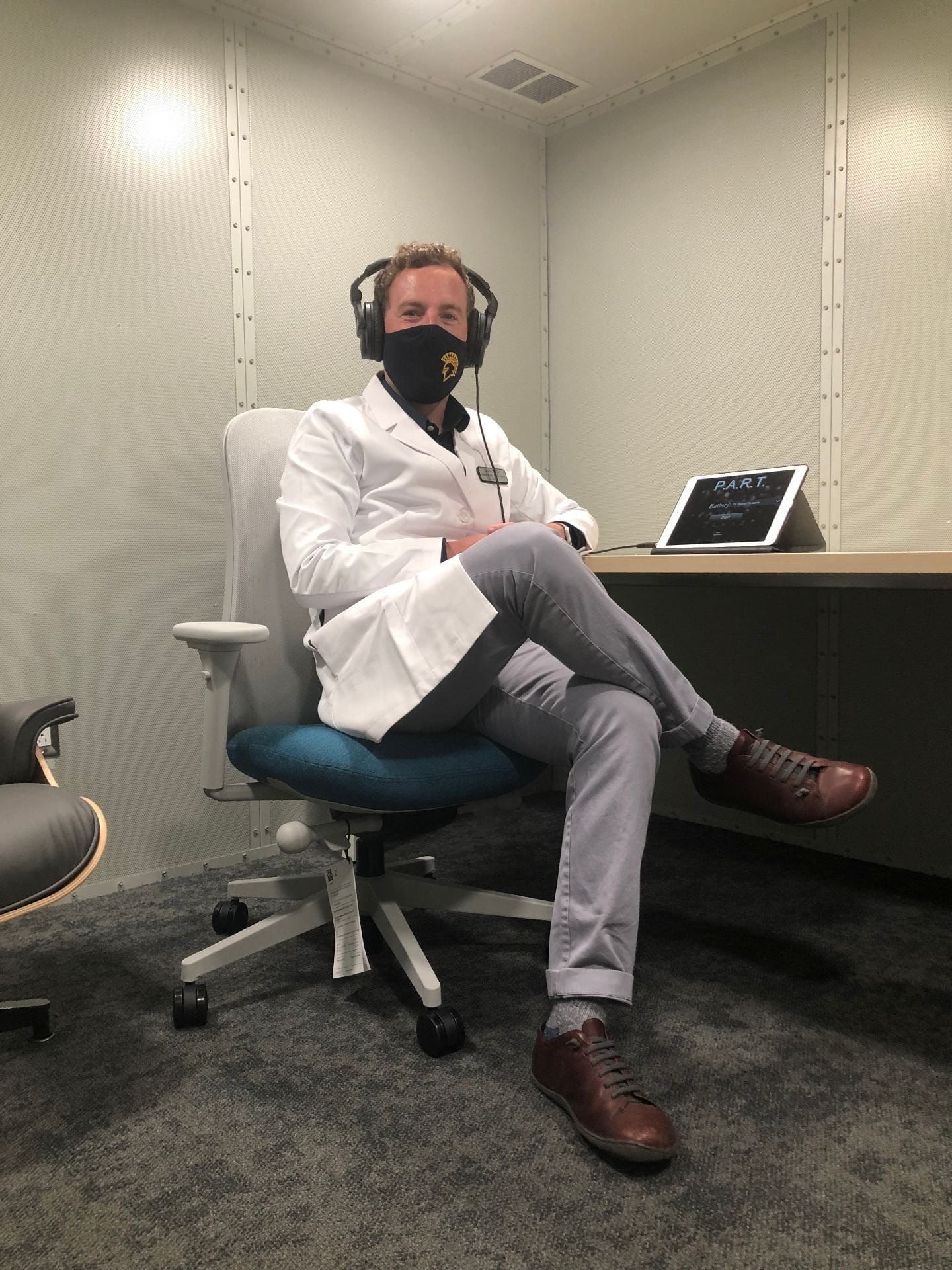By: Dr. Adam Svec
As a society, we are often told that competition is what makes us generally successful as individuals. However, we’re beginning to understand that collaboration, not competition, might be the stronger evolutionary underpinning for our success as a species. After all, we need to be able to live a generally collaborative lifestyle to agree on communal attributes, such as a red light means “stop” and a green light means “go”.
As a scientist, collaboration is arguably essential. While competition may drive some new discoveries at the very beginning and end of the scientific process, collaboration is required to facilitate everything that happens in the middle. For example, a community of scientists must agree on a common unit of measurement to describe a new phenomenon that has just been discovered. One scientist may happen to have their name attached to the measurement, but for the most part, scientists within a discipline collaborate to design the methods and procedures used to explore dimensions of any new phenomenon. This collaborative process often produces results such as normative values for clinical diagnoses of newly discovered pathologies, or the firing rate patterns observed in a neighborhood of neurons.
Currently, a colleague of mine, Dr. Nidhi Mahendra, and I are collaborating on a project to explore the value of a choral singing intervention for individuals with aphasia, a condition which can make verbal and written communication difficult. Aphasia is often the result of a brain injury, commonly caused by a left hemisphere stroke, and prior work has suggested that involvement in a choir may help improve speech and language production outcomes beyond those afforded by traditional therapeutic approaches. However, previous investigations have left gaps in the literature, spaces to be filled with related work that continues to explore new ways of designing experimental conditions and measuring the associated outcomes. Not only are Dr. Mahendra and I collaborating with each other, but we are collaborating with the body of work that has preceded this project. We are collaborating with the research participants, in as much as they are volunteering to help us complete the study, as well as the funding bodies and organizations that facilitate our ability to do the work. We are also collaborating with future investigators that may find gaps in the literature that we have left unfilled.
While a few steps in the process involve competition, such as the grant proposal at the very beginning and the publication submissions at the very end, the rest of the work in the middle is collaborative. We are hoping that, through the power of music, we will discover new ways to help individuals with aphasia unlock potentials within themselves that have previously gone undiscovered, and we couldn’t have done it alone.
